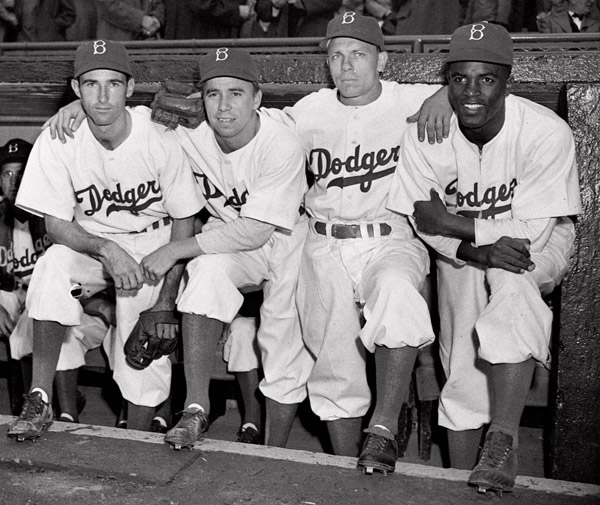Does "different" mean "good"?
The word “different”, in the modern-day lexicon has taken on a new meaning. Today, when something is described as different it means “exciting” and “better.” So every time a painting, a song, or even a film is labeled different, the artsy-type of our society run to wherever they can to get their fix of the exotic.
Traditionally speaking, “Chungking Express” is different. Don’t get up just yet, because when I say “different” I do not mean “better.” There is no doubt that this film directed by Wong Kar-Wai is in a category all by itself. Modern film conventions do not apply to this cinematic work. There is no clearly mapped-out plot where boy gets girl, boy loses girl, and spends the whole movie trying to get her back like we are accustomed to find in films like “About Last Night” with Rob Lowe and Demi Moore. Rather two similar plots involving very dissimilar characters, one plot following the other, exist in the same Hong Kong setting.
As the film begins, ominous music plays and fast moving, choppy, indistinguishable images flash across the screen. This chaotic perspective spotlights the first of four main characters, the woman in the blonde wig (Brigitte Lin). Just from the costume, we know she has something to hide. She adorns her characteristic blonde wig, while constantly wearing shades over a heavily, but simply, made-up face, all the time keeping her rain coat buttoned up. Instead of fully developing the entire main ensemble, Wong creates a revolving door of sorts. One character associates with another character that in turns crosses paths with yet another character that then introduces and plays a role in a second plot with other characters. The characters realize this idea during the film when cop 223 (Takeshi Kaneshiro) remarks that “everyday we brush past so many people.” A film that starts in one story and then suddenly leaves it and begins another one may seem unfulfilling to many viewers and at times it can be, especially when the audience is left with many unanswered questions. However, in its impressionistic style, the film does not worry so much about the details of the characters but rather the “essence of its subjects.” This style, while very appealing and distinctive, may not necessarily be able to be stomached by a casual filmgoer.
We encounter the idiosyncrasies of each character and the many layers of their personalities. Cop 223 (Kaneshiro) is seen, at many points, as a wallowing, pitiful, and obsessive ex-boyfriend, but at other times he can be funny and is even seen enforcing law and running down a criminal. The blonde-wigged woman (Lin) is painted with a harsh exterior as a drug dealer but still gives cop 223 a nice conversation at the bar. Then we get to Faye (Faye Wong) who is quite an eccentric lady with just enough courtesy to make sneaking into a man’s apartment and redecorating and changing the food he eats not quite as odd as it should be. Finally, Cop 633 (Tony Leung) seems to be the most normal of the characters with the most stable life, but that turns out not to be the case. One unique aspect of the film and Wong’s filmmaking is that he gives us the ingredients to the story and then steps back, ending the film allowing us to construct a possible outcome to his story.
“Chungking Express” offers many things besides a conclusion. So if you go to the movies for your informal education don’t buy a ticket for this film. But if you do buy the boarding pass for Wong Kar-Wai’s film, be willing to answer Faye’s question of, “Where do you want to go?”, as Cop 633 did, “wherever you want to take me.”


0 Comments:
Post a Comment
Subscribe to Post Comments [Atom]
<< Home